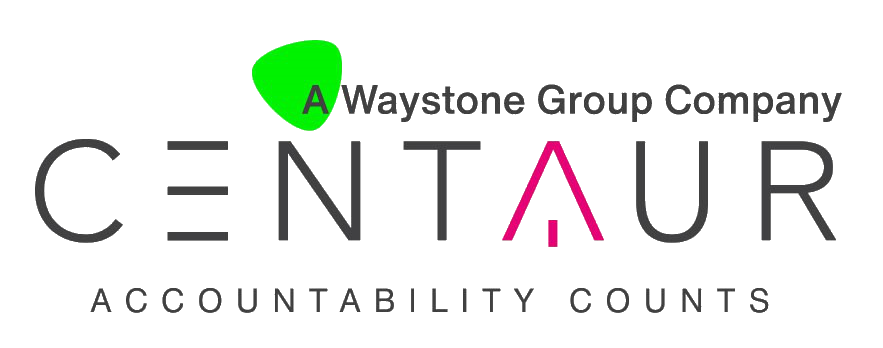SEC ENHANCES REGULATION OF PRIVATE FUND ADVISERS
AMENDMENTS TO IMPACT FUND MANAGERS AND FINRA OVERSIGHT

Dublin / New York, October 25, 2023
The U.S. Securities and Exchange Commission (SEC) has released its final rules for private fund advisers, after considering comments. The rules are designed to protect private fund investors by increasing transparency and restricting certain practices in the private funds market.
These new rules reflect the most substantial overhaul of private funds regulation since Dodd-Frank in 2010 and will have far-reaching implications for the financial industry, particularly impacting firms that trade securities proprietarily across various markets.
There are five key sets of rules within the SEC rules. All of these rules apply to registered private fund advisers, and some also apply to unregistered private fund advisers.
Applying only to registered private fund advisers:
- Quarterly Statement Rule: Requires details of fees, expenses, and performance in quarterly statements for each private fund advised.
- Audit Rule: Requires advisers to acquire and distribute to investors an annual audit of each private fund advised, meeting the requirements of the audit provision under Rule 206(4)-2 of the Advisers Act (the “Custody Rule”). These audits must be performed by an independent public accountant and prepared in accordance with generally accepted accounting principles.
- Adviser-Led Secondaries Rule: Requires a fairness opinion or valuation opinion from an independent opinion provider in connection with an adviser-led secondary transaction.
Applying to all private fund advisers:
- Restricted Activities Rule: Restricts all private fund advisers, including those that are not registered with the Commission, from engaging in certain activities unless they provide specified disclosure to and, for certain restricted activities, obtain consent from investors.
- Preferential Treatment Rule: Restricts all private fund advisers from offering certain favorable treatment that could harm other investors, except in specific cases. They must also disclose certain information if they provide any preferential treatment to an investor in a private fund.
Updating Regulatory Framework for Modern Markets
SEC Chair Gary Gensler emphasized the need for these changes, stating, "Some of today's broker-dealers continue to rely on an exemption from national securities association registration that's older than the cell phone era." With technological advancements and the evolution of the financial landscape, this regulatory gap has become apparent. Numerous firms engaging in cross-market trading with monthly volumes in the hundreds of billions of dollars had been exempt from national securities association oversight.
Enhanced Oversight and Consistency
The amended Exchange Act Rule 15b9-1 refines the exemptions from Section 15(b)(8) to narrow down the circumstances in which broker-dealers are exempt from registering with a national securities association. These changes are crucial to fostering robust and consistent oversight, especially concerning cross-market and off-exchange activities.
Impact on Fund Managers
For fund managers, these amendments will require a careful review of their trading practices and compliance procedure to ensure they align with the updated regulatory framework. Fund administrators need to collaborate closely with their broker-dealer partners to ensure that they are in line with the new regulatory framework.
The amendments will likely lead to increased transparency, accountability, and regulatory scrutiny for those engaged in proprietary trading, which will in turn lead to more robust risk management practices and better protection for investors.
Compliance Timeline
These rules were set to take effect 60 days after its publication in the Federal Register (23 Aug 2023), with a compliance deadline of 365 days from the same date. This timeline provides affected parties with the opportunity to adapt their operations to comply with the new regulatory requirements effectively.
Karen Malone, Global CEO at Centaur, a Waystone Group Company, says, “These SEC changes will require a proactive approach to compliance and a commitment to adapting to a more robust regulatory landscape. It is crucial for market participants to stay informed and take the necessary steps to ensure compliance with these new regulations”.
In conclusion, an appropriately tailored compliance program requires vigilance and commitment. At Centaur, our goal is to protect you and your firm as your trusted partner. We are pointing these issues out to you because the compliance landscape is evolving rapidly. As the landscape evolves, so should your compliance program.
For more information, please contact:

Richard Johnson
Business Development, U.S
Tel: +1 646 522 1629
Richard.Johnson@centaurfs.com
For more information from The SEC, click here.

